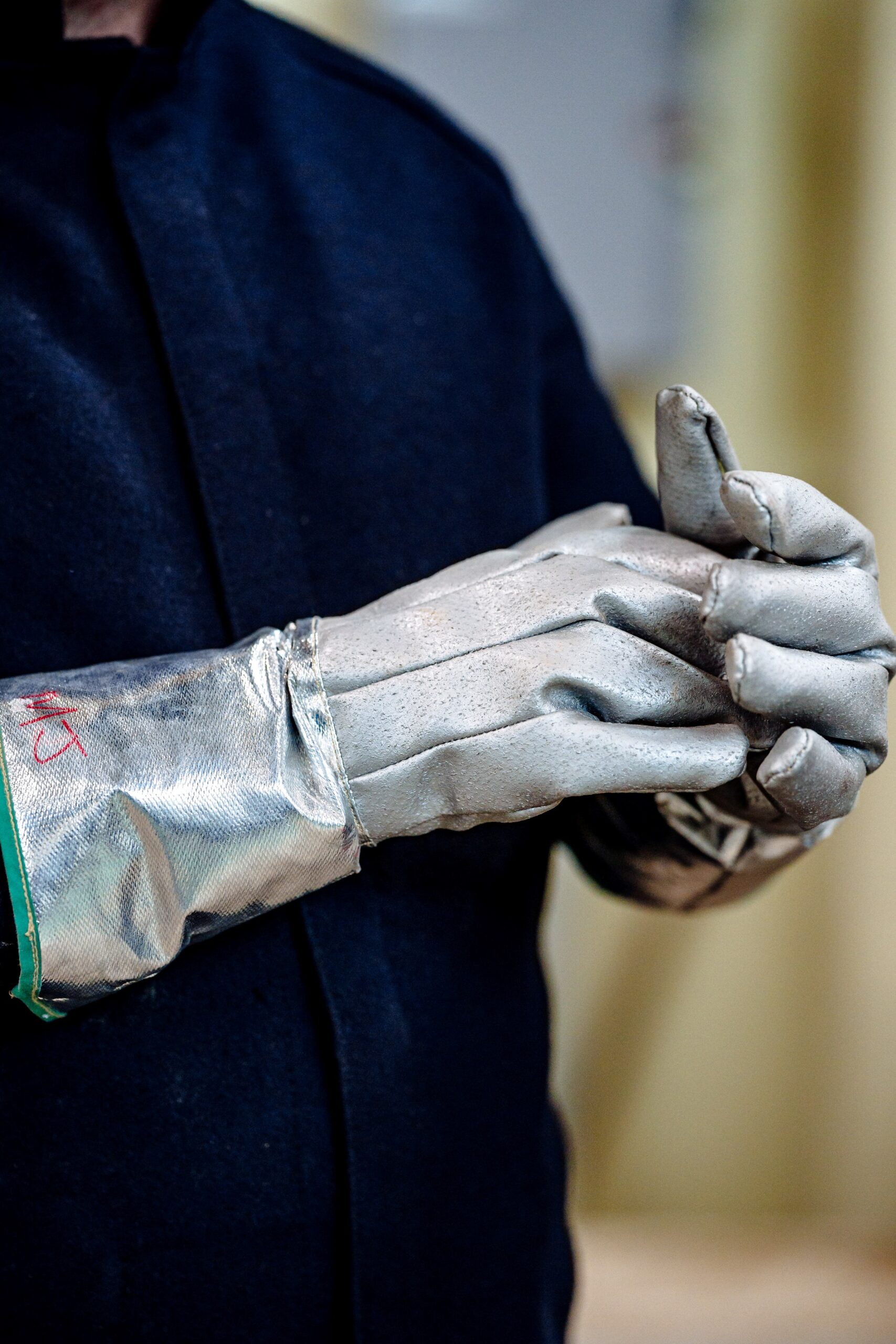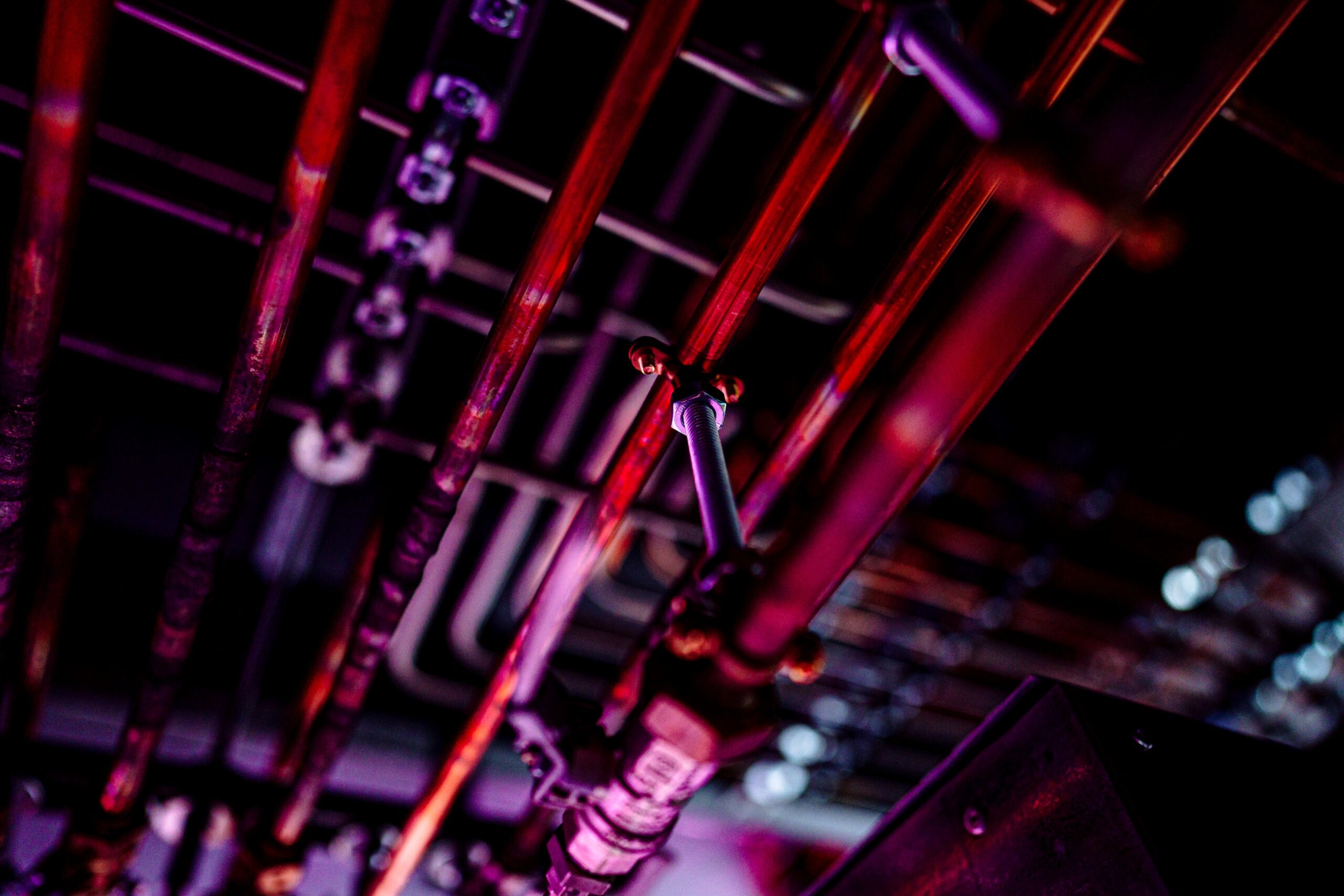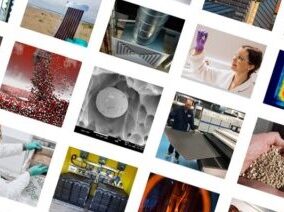Steel circular economy
Dr Becky Waldram on a shift in consumption to transition to a circular economy
The steel industry is constantly evolving, upgrading to incorporate new equipment, practices and technologies.
Steel is a key stakeholder in global decarbonisation and a net zero carbon future. From construction to transport, manufacturing to energy generation and beyond. It is undeniable steel is the keystone material of modern-day society and will still be essential in a green economy.
Steel as a circular economy
As global population has risen and standards of living increase, our consumption of steel has escalated to an environmentally damaging level.
The existing linear economy model where material is consumed through the take-make-use-dispose process must be adapted. It must be adapted to incorporate more principles of a circular economy by implementing better systems for the re-use, refurbishment, re-manufacture and recycling of end of life products.
Both industry and consumers must transition from viewing end of life products as waste to instead considering the wealth of resources and raw materials which could instead be re-used.
Steel decarbonisation leader
Recent environmental and global events such as the Covid-19 pandemic have demonstrated that local reuse and recycling are essential.
Processing virgin ore, coal or even finished steel products imported from countries with less ambitious and accountable climate targets simply outsources the energy and CO2. Instead we should be driving towards circularity with the lowest energy / CO2 outcome. We can do this by sourcing and using material as locally as possible and designing products for reuse, repair and remanufacture.
The steel industry can become a global leader for this change essential for a green economy. Steel can set the benchmark as a foundation industry leader in greener, cleaner and smarter technologies.
Steel in a green economy
Only by developing and utilising the latest digital technologies, processes and business models can we enable a green economy and a net zero society. As well as implementing suitable policies and frameworks to encourage circularity.
To create this change in the UK it is essential research groups, industry and government work together. To share best practice and outcomes from testing new technologies. To develop new business models which work across the supply chain. And to encourage new practices to reduce emissions, waste material and manufacturing costs.
Only by working together can we drive this change to a green economy that’s needed for the steel industry to drive decarbonisation and a net zero society.
Contributor Dr Becky Waldram
March 2021


